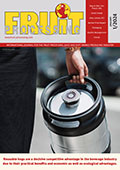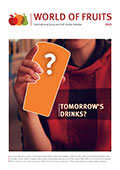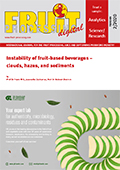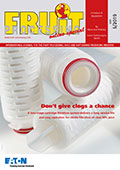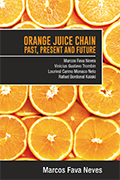One of Europe’s main recycling hubs for beverage cartons starts operations
With a joint investment of around EUR 29 million by Tetra Pak and Stora Enso, a new recycling line for post-consumer beverage cartons is starting operations in Poland. The line has the potential to triple the annual recycling capacity of beverage cartons in the country …
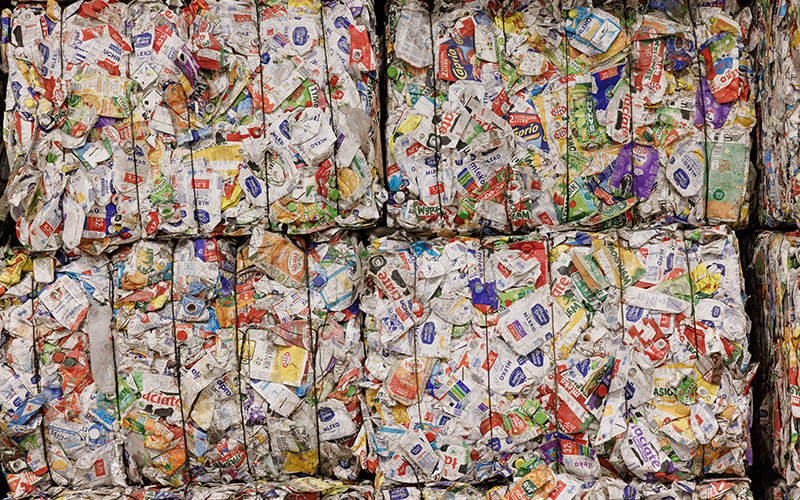
With a joint investment of around EUR 29 million by Tetra Pak and Stora Enso, a new recycling line for post-consumer beverage cartons is starting operations in Poland. The line has the potential to triple the annual recycling capacity of beverage cartons in the country – from 25,000 to 75,000 tonnes – and provides scope to absorb the entire volume of beverage cartons sold in Poland, as well as additional volumes from neighbouring countries, including the Czech Republic, Hungary, Slovakia, Latvia, Estonia and Lithuania.
Featuring an annual capacity of 50,000 tonnes, the state-of-the-art line at Stora Enso’s production unit in Ostrołęka (Poland) handles solely beverage carton material separation, detaching fibres from polymers and aluminium. The fibres are then recycled into cardboard materials, effectively contributing to material circularity by turning used paper-based packaging into new paper-based packaging materials. This new paper recycling facility is complemented by Czech company Plastigram Industries, that, together with Tetra Pak, is industrialising a solution to recycle polyAl1 into new products.
The new line is set to ramp up recycling of beverage cartons throughout Central and Eastern Europe, signaling the beverage carton industry’s willingness to support the circularity goals of the proposed EU Packaging and Packaging Waste Regulation (PPWR), and showcasing the pivotal role of recycling in helping the green transition of the food packaging sector. The industry has already invested approximately EUR 200 million to increase the capacity for beverage carton recycling in the EU and plans to invest a further EUR 120 million by 2027.2
1The non-fibre component of carton packages is known as polyAl, which designates the layers of polyolefins and aluminium being used as barrier against oxygen and humidity to protect the food content in aseptic carton packages.
2https://www.beveragecarton.eu/wp-content/uploads/2022/03/ACE-Impact-assessment-study-of-an-EU-wide-collection-for-recycling-target-of-beverage-cartons-Roland-Berger.pdf



